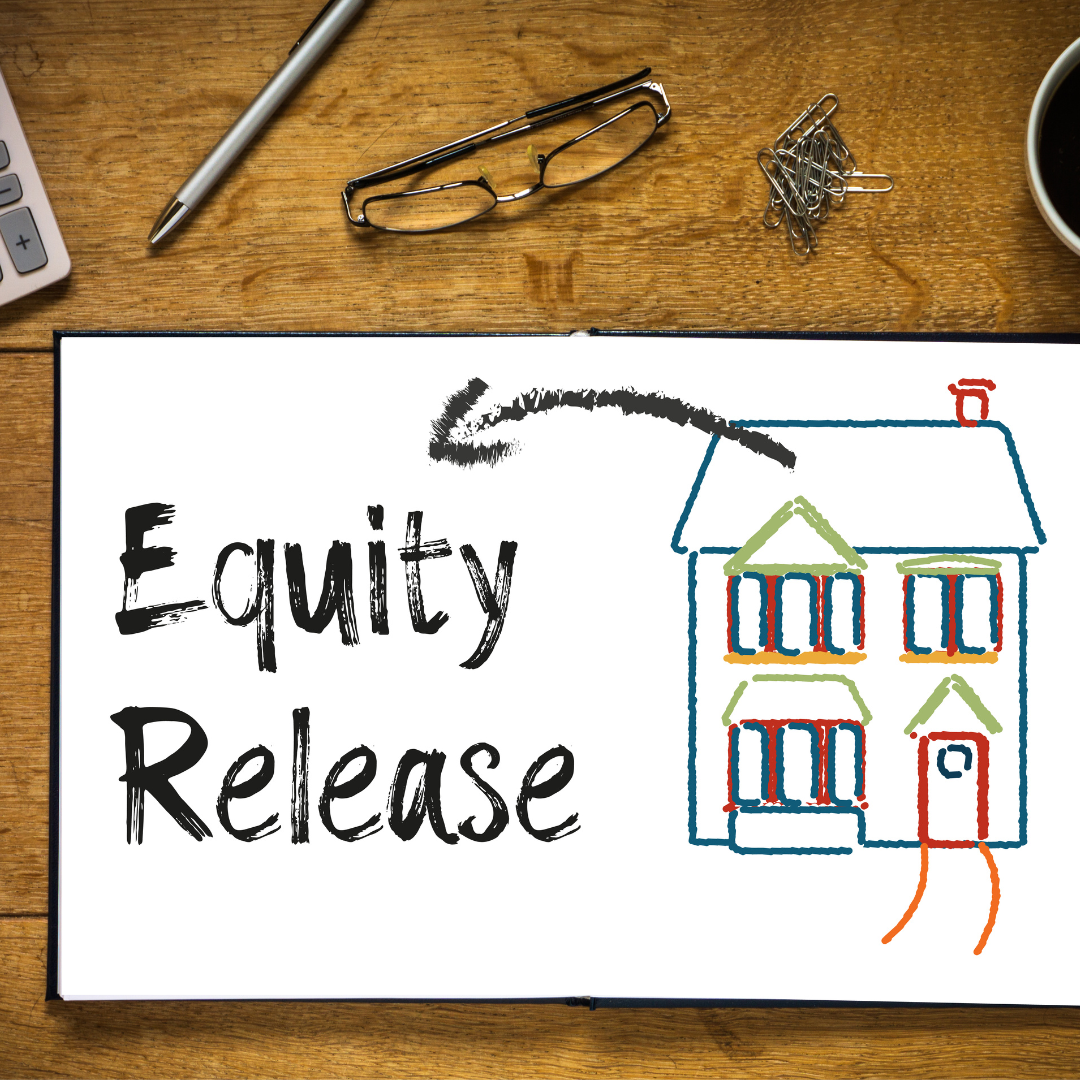Equity release is a type of scheme that allows homeowners to release cash from their property without having to sell their plots. The scheme is used mainly to help people remain in their current homes when they get older or infirm. Whilst transferring your home’s equity is relatively easy, there are some important things to bear in mind, including tax implications. The scheme is named after equity which, in simple terms, is the value that has built up in your home. Equity release schemes need not be complicated, but it is important to seek advice from a financial adviser before committing and ensure the schemes are suitable for your needs.
Two Types of Equity Release
Lifetime Mortgage
A lifetime mortgage means you are borrowing against the equity in your home and paying back the loan over the rest of your life. It is usually cheaper than other types of equity release since you only borrow part of your home’s value.
The Lifetime Mortgage (LM) is a type of equity release plan that is a contractual agreement whereby the lender agrees to waive any entitlement to a portion of the proceeds of the property sale in exchange for the borrower paying a monthly sum. The loan, also known as a lifetime mortgage or lifetime interest-only mortgage (RIOM), is repaid either at the end of the borrower’s lifetime or after the property is sold.
Home Reversion Scheme
Home reversion schemes are where homeowners can secure an investment loan in return for selling all or part of their homes in the future. The buyer then converts all or part of the loan into a lease linked to their property value. As their home’s value increases, so make their investment, and as the value decreases, so makes their investment.
Home reversion schemes are becoming increasingly popular. They are designed to give homeowners the financial freedom of home ownership but with the reassurance that their home will be returned to them in the end.
Home reversion schemes involve you selling your home to a housing association or investment company. The housing association or investment company continues renting the property from you, and they agree to maintain the property to a certain level. In return, they charge a rent that is usually linked to inflation.
Importance Of Equity Release
Equity release is a market that is growing in popularity. It allows homeowners to secure capital, alleviate concerns and debts, and work toward retirement.
Equity release is one of the most popular options for retirees looking to enhance their lifestyle or help their loved ones. It enables homeowners over the age of 60 to unlock the value of their home without having to move by selling all or part of it. The sale of a property’s equity allows homeowners to access funds to pay for anything from a new kitchen to an overseas holiday.
How does equity release work?
Equity release refers to a loan arrangement that enables you to access cash by utilizing a portion of your home’s value. This tax-free money can be utilized towards various financial objectives, including retirement planning, funding home improvements, or covering care expenses.
Equity release entails unlocking the potential value of your home for investment purposes. By leveraging your property as an asset-a valuable possession that you own-it presents a valuable opportunity to augment your income or bolster your savings for unforeseen circumstances or retirement. To ensure a well-informed decision regarding Equity Release in Suffolk (or any other location), it is advisable to seek guidance from a financial advisor who can tailor a suitable plan based on your individual circumstances.
Is releasing equity the right option for you?
Releasing equity from your home is often the best way to raise cash when needing to make home improvements. It means selling part of the value of your home, but first, you must determine whether releasing equity is the right option for you.
For real estate investors, it often makes sense to release equity from a property to reinvest in another property. Releasing equity involves restoring a part of your capital to your loan balance, putting you one step closer to paying off your mortgage more quickly.
